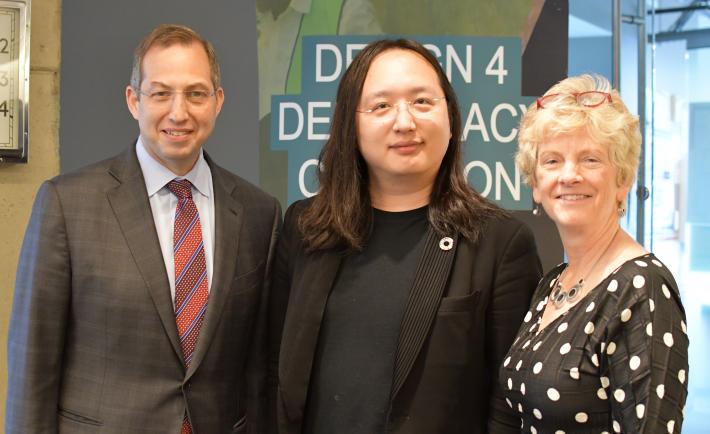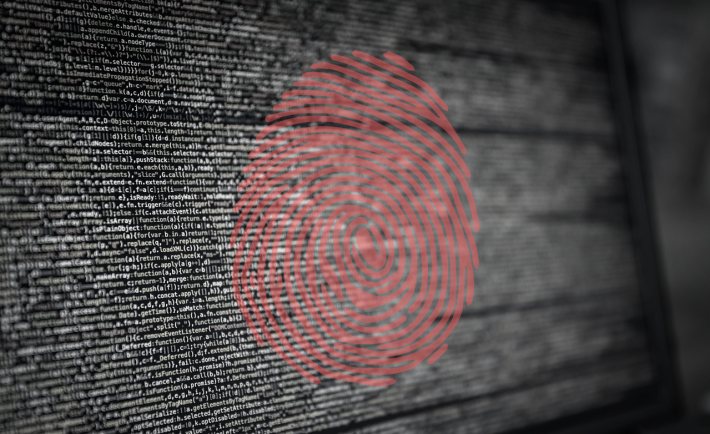
“Rethinking Democratic Government” at NDI, April 25th 2019, (left to right) NDI President Derek Mitchell, Tawain's "Digital Minister" Audrey Tang and NDI Boardmember Robin Carnahan.
Today we will interview Audrey Tang, Taiwan’s “Digital Minister.” Named one of Foreign Policy’s 100 Global Thinkers in 2019, Minister Tang is an innovator who is rethinking how government can create open, citizen-centered policies in Taiwan through what she calls “radical transparency.”




_0_1_0_0_0.jpg)